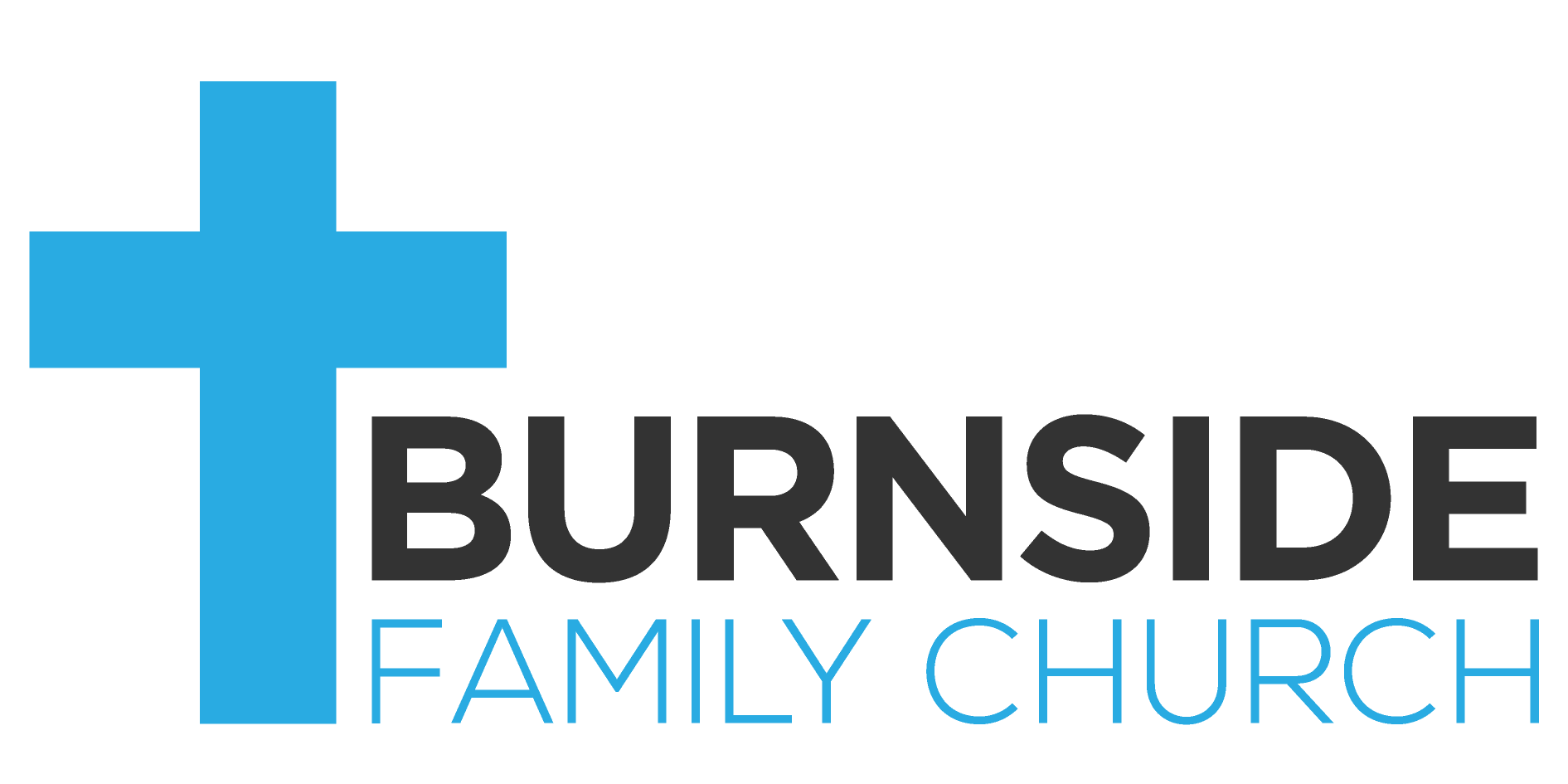Matthew 12:22-37 – Jesus Conflicts with Pharisees - by Jeff Byerley
Study on Matthew 12:22-37 Jesus Conflicts with Pharisees
Outline of Passage
12:22-30 What was so foolish about the Pharisees' accusations?.
12:31-32 What is the unpardonable Sin?
12:33-37 What does Jesus mean by “For by your words you will be justified and by your words you will be condemned”
Our Reflections
1. What is Jesus' "own city" (v.1)?
2. Why was it necessary to deal with the man's sin before healing him (v.2)?
3. Why did the scribes accuse Jesus of blasphemy (v.3)?
4. Why did Jesus ask "For which is easier to say, 'Your sins are forgiven you', or to say, 'Arise and walk' " (V.5)?
5. Why would Matthew have immediately got up and followed Jesus (V.9)?
6. What does Jesus' reference to the cloth and new wineskin mean (V.16-17)?
Our Conclusions
12:22-30 What was so foolish about the Pharisees' accusations?.
The Pharisees accused Jesus of casting out demons by the power of Beezlzebub, Satan, Jesus counters the Pharisees arguments with six points.
1 It is illogical to argue this, because it is saying that Satan is opposing Satan.
2 The same silly accusation could be made against the Jews' own exorcists, who would surely condemn any such charge..
3 The conclusion must be that Jesus is casting out demons by power of the Holy Spirit, showing that Jesus is inaugurating a new age with the coming of the Kingdom of God,
4 To overcome Satan's hold over possessed victims, someone must be powerful enough to first bind Satan (only possible by God's power).
5 Those who are not with Jesus are against him. (There is no middle ground).
6 Those who do not join Christ in the work of the Kingdom, excludes themselves from it.
12:31-32 What is the unpardonable Sin?
Jesus states that those who commit sin even blasphemy against the “Son pf Man” can be forgiven, but those who blaspheme against the Holy Spirit can never be forgiven, We understood this to mean that people in their ignorance may initially fail to recognize Jesus for who he really is. That can be forgiven if they allow the convicting work of the Holy Spirit (John 16:8) to transform their minds, hearts and souls. However, to willfully reject and malign the work of the Spirit leaves no means of receiving the revelation of Christ and his redeeming power. That is, it is not God who is failing to save such people, but their own stubbornness to receive the benefits of the cross of Jesus. Some people worry that they may have spoken a word against the Holy Spirit and therefore can never be forgiven. The very fact that they repent of their actions, show that they are open to the convicting work of the Holy Spirit and have therefore not committed the unpardonable sin.
12:33-37 What does Jesus mean by “For by your words you will be justified and by your words you will be condemned”.
Jesus had pointed out that just as a true is known by its fruit, good or bad, so do the words we say, reveal the nature of our heart, good or bad. From the above this seemed to relate our openness to the Spirit. Acceptance of the work of the Spirit will transform our hearts, but rejection will leave our hearts hardened to evil. We felt it important to watch our words as an indicator of our spiritual health. More than this, we should be observing the way we are thinking before we even speak any words. Psychiatrists have modern terms for this exercise, but Jesus understood this far better. Note also Paul speaks of “bringing every thought into captivity to the obedience of Christ” We felt that this is a habit we should all develop.
